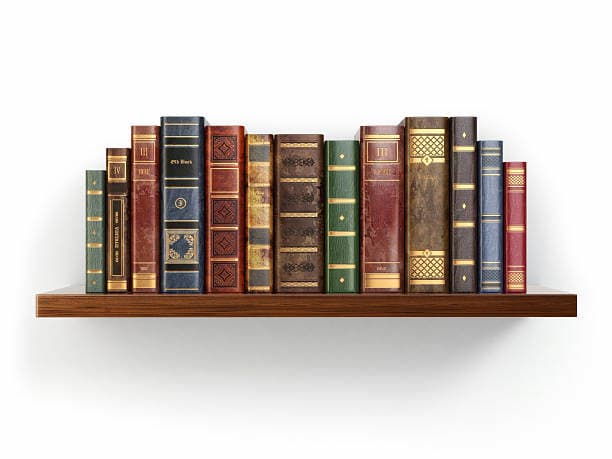You could be a teacher, an instructor, or a tutor in many colleges and educational institutions. You may not have time to stay updated with the latest encyclopedia — you have enough more to do. But it is very much a part of your job. You would want to find ways in which encyclopedia contribute to the betterment of the education sector, don’t you?
Encyclopedia has been responsible in a lot of ways for the improvement of the education sector. This guide will focus on how encyclopedias improve education and how they are useful to teachers and students.
1. Deeper Learning and Understanding
Encyclopedias can help people learn more than they would from a textbook or other source because it offers more detailed information on a particular subject. The information may be about a specific topic or a range of topics related to one subject area.
For example, if you want to learn about history, you can go through an encyclopedia that talks about different periods in history and get detailed information on them. This will help you understand the subject better than if you were only reading a textbook that gives a brief overview of the topic with limited details.
2. Keeps Students Engaged
It can be difficult to keep students engaged in learning if they feel like they are not getting anything out of it. However, encyclopedias can help with this by providing interesting information that will capture students’ attention and keep them engaged in their studies.
For example, if you are teaching a history lesson, you can use an encyclopedia to show pictures and videos of different historical events. This will make the lesson more interesting for students, making them more likely to retain the information.
3. Encourages Critical Thinking
Encyclopedias can help encourage critical thinking in students by providing them with a wealth of information on various topics. This will allow students to form their opinions on the topics and to think critically about the information they are reading.
When students are encouraged to think critically, they are more likely to be engaged in their studies and retain the information they are learning.
4. Helps Students Develop Research Skills
The Encyclopaedia is the most comprehensive resource on the internet. It contains information on almost every topic related to education, from kindergarten to the university level. The topics are organized in an easy-to-use format, making it easy to find information quickly and easily.
It is a great tool for students as it helps them develop research skills and makes their learning more interesting. Students can use this resource to learn about different subjects and topics and learn about new words by looking up their meaning in the dictionary section.
The encyclopedia also provides useful links to other websites that offer content related to the discussed subject. This allows students to explore these sites for further information and knowledge on their interest.
5. Print and Digital versions
The Encyclopaedia is available in both print and digital versions. The print version is a comprehensive resource that contains over 2,500 articles on various education-related topics. The digital version is a great tool for students as it offers interactive content, videos, and links to websites that offer additional information on the topics covered.
The print version of the Encyclopaedia is available for purchase from the website. In contrast, the digital version can be accessed through the website or the mobile app.
6. Provides a Reference Point for Teachers
Teachers can use encyclopedias as a reference point when they are teaching their students. This is because the encyclopedia contains a wealth of information on almost every topic related to education. Teachers can use this resource to learn about different subjects and learn about new words by looking up their meaning in the dictionary section.
The encyclopedia also provides useful links to other websites that offer content related to the discussed subject. This allows teachers to explore these sites for further information and knowledge on their topic of interest.
7. Enables Collaborative Learning
The ability to collaborate is one of the most important characteristics of an encyclopedia. It enables students to learn together, exchange ideas, and share their knowledge.
Encyclopedias have always been a great way to learn, but now they have become even more powerful thanks to technological advances. The internet has allowed users to access online encyclopedias from anywhere in the world, anytime they want.
Encyclopedias have become more than just books on a shelf; they are now interactive tools that connect people from all over the world. They allow people to collaborate and share their knowledge to create a better world.
8. Helps Teachers Connect with Students
Teachers often find it challenging to connect with their students, especially when they are located in different parts of the world or are local but belong to different schools. Encyclopaedia helps teachers connect with their students by enabling them to create their profiles on the website.
They can use their profiles to provide information about themselves and their contact details, so interested students can easily reach out to them for guidance or feedback regarding any coursework they may be working on at any given moment.

The Future of Education is Bright with Encyclopedias!
Encyclopedias are a valuable resource for teachers and students as they offer a wealth of information on almost every education-related topic. They are easy to use and provide a reference point for teachers and students. If you are looking for a comprehensive educational resource, an encyclopedia is a perfect place to start.
